Every trader wants to find the “perfect strategy” that guarantees success. But ask any professional trader what really matters, and they’ll all give you the same answer: psychology.
The mental side of trading determines whether you stick to your plan or self-destruct in a wave of emotions. Without discipline and emotional control, even the best strategy will fail.
Here’s a beginner-friendly breakdown of trading psychology basics you need to know before risking your first dollar in crypto.
1. Emotions Are the Enemy of Good Trading
The market is designed to prey on fear and greed.
- Fear makes beginners sell too early or panic out of winning trades.
- Greed convinces traders to hold too long and give profits back.
- FOMO (Fear of Missing Out) pushes people to chase pumps and buy tops.
- Revenge Trading tempts traders to double down after a loss, often digging deeper holes.
👉 The first step to mastering psychology is accepting that emotions will show up, and building systems to keep them from controlling your decisions.
2. The Importance of Patience and Discipline
Most beginners think they need to trade constantly to make money. In reality, patience is a trader’s superpower.
- Great setups don’t happen every hour.
- Overtrading leads to exhaustion, bad entries, and unnecessary losses.
- Sometimes the best trade is no trade at all.
Discipline means following your plan no matter what. If your rules say to risk only 1% per trade, then you never break that, even when tempted.
3. Building Confidence Through Risk Acceptance
The hardest mental hurdle for beginners is losing money. Watching your account go red triggers panic. But here’s the truth: every trader loses.
The difference between successful traders and failed ones is that winners:
- Accept risk before entering a trade.
- Keep losses small (never risking more than 1–2% per trade).
- Treat each trade as just one of thousands they’ll take in their career.
👉 Losses are not failures, they’re tuition. Each one teaches you something, but only if you manage them properly.
4. Detaching Your Identity From Your Trades
Beginners often tie their self-worth to their PnL (profit and loss). Winning trades make them feel like geniuses. Losing trades make them feel like failures.
This mindset is dangerous. Trading is a probability game, you can do everything right and still lose on a single trade.
Your job is to execute consistently, not to attach your ego to the outcome of any one trade.
5. Practical Tips to Train Your Psychology
- Keep a trading journal: Write down trades, emotions, and lessons learned.
- Pre-plan trades: Decide entry, stop-loss, and target before entering.
- Limit screen time: Staring at charts too long leads to impulsive decisions.
- Take breaks: Step away after wins and losses to reset your emotions.
Final Thoughts
Trading psychology is the invisible factor that makes or breaks traders. The market will always test your discipline, patience, and emotional control. The faster you accept this, the faster you’ll grow.
If you can control your mind, you can control your trades. And that’s when real consistency begins.
Learn Trading Psychology With EPIQ
At EPIQ Trading Floor, we don’t just give you strategies, we help you build the psychological edge needed to survive long-term:
- ✅ Trade journals and accountability systems
- ✅ Coaching on risk management and discipline
- ✅ A trader community that keeps emotions in check
- ✅ Daily lessons on psychology and mindset
👉 Start your 3-day free trial today and learn how to trade with discipline, not emotion.
Disclaimer: This content is for educational purposes only and not financial advice.


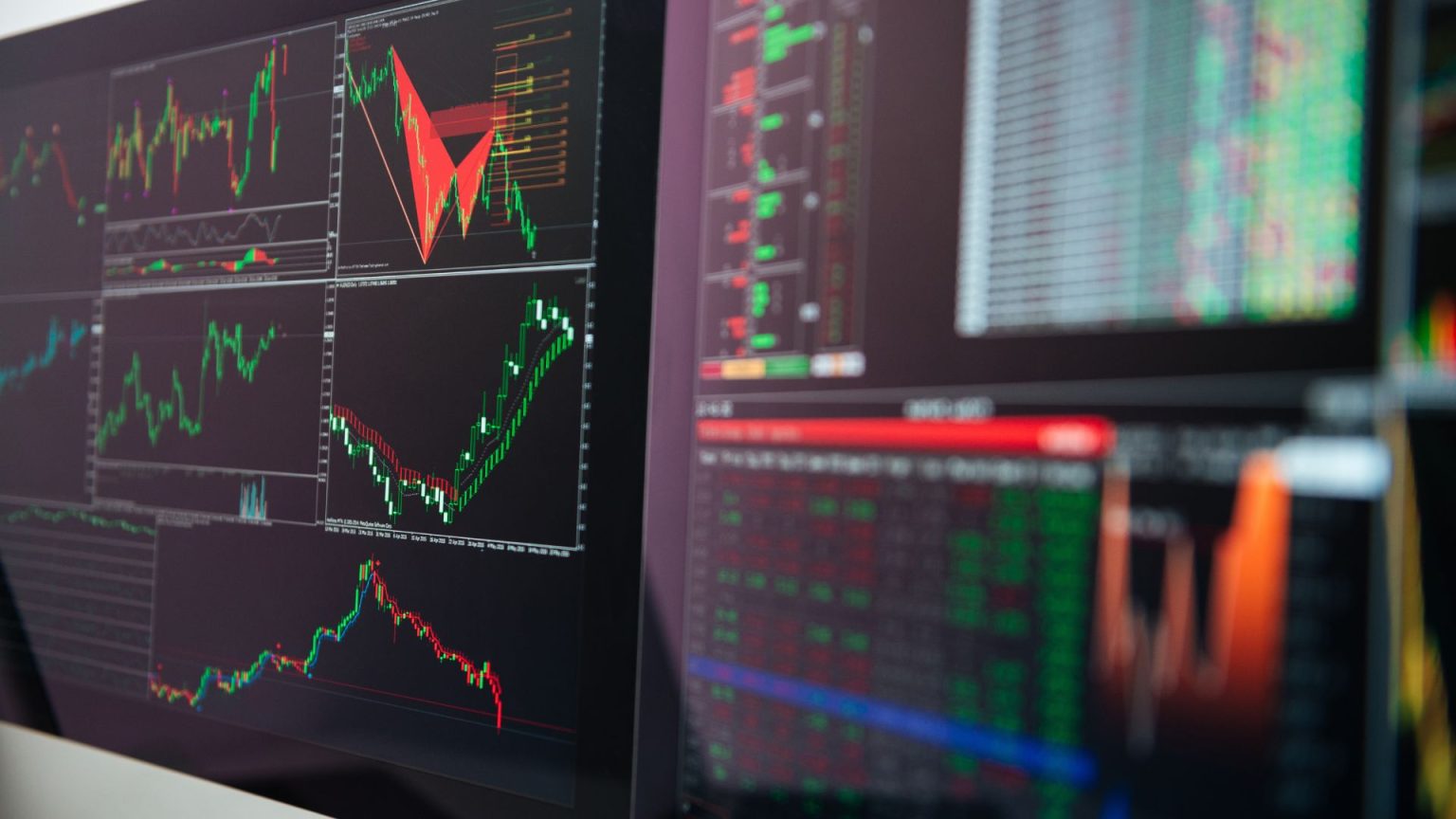

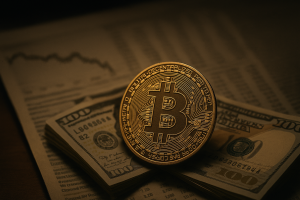
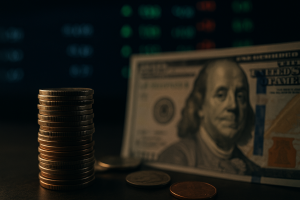
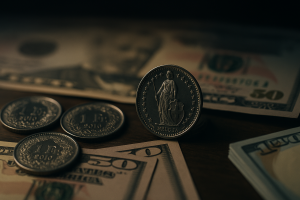
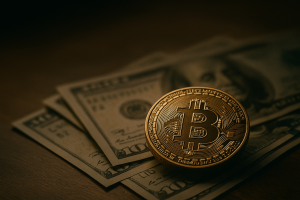

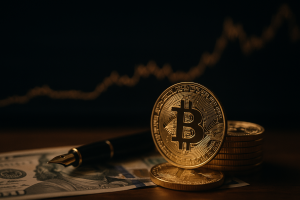
Responses
this is really spot on
Comments are closed.